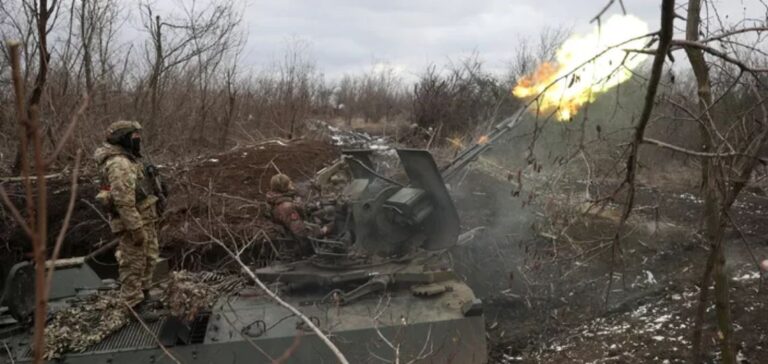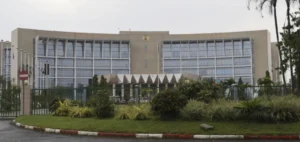The governor of the Samara region, Dmitri Azarov, announced that drones had targeted several oil refineries, less than a week after two previous attacks on Russian refineries. Among them, the Kuybyshevsky refinery caught fire as a result of the attack. These attacks did not result in any casualties. The affected refinery is operated by Rosneft, and is one of the region’s major facilities, with an annual capacity of 7 million tonnes.
Defense efforts and damage prevention
Another drone attack on the Novokuybyshevsky refinery in the same region was neutralized without damaging the equipment. Local authorities and plant operators reacted swiftly to secure the sites and prevent major damage. Governor Azarov stressed the region’s ability to defend itself against such threats.
Reaction to attacks and official comments
The Russian Defense Ministry reported having intercepted 12 Ukrainian drones during the same period, indicating an intensification of military activity in the area. These drones were detected over several Ukrainian border regions, including Bryansk, Belgorod, Voronezh, and Saratov. The geographical distribution of interceptions shows that attack attempts are scattered across Russian territory. These actions are seen as an escalation in Ukraine’s offensive strategies.
Consequences of attacks on energy sites
Attacks on oil infrastructures underline the vulnerability of energy facilities to modern military operations. Targeting such sites not only has an impact on energy production, but also sends a strategic message. The impact of these attacks on oil production has yet to be assessed, but the rapid response has minimized potential damage.
These attacks come against the backdrop of a prolonged conflict between Russia and Ukraine, with operations now extending to strategic targets in Russia. Kiev has previously expressed its intention to bring the conflict to Russian soil, in response to Russian military actions on its territory. The use of drones as attack tools marks an evolution in warfare tactics, reflecting the modernization of combat methods. The focus on energy infrastructure reveals the importance of these targets in Ukraine’s overall strategy.






















